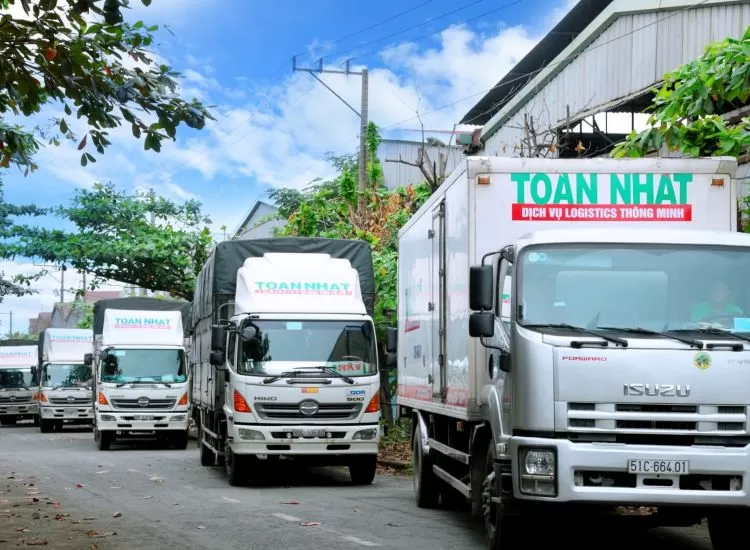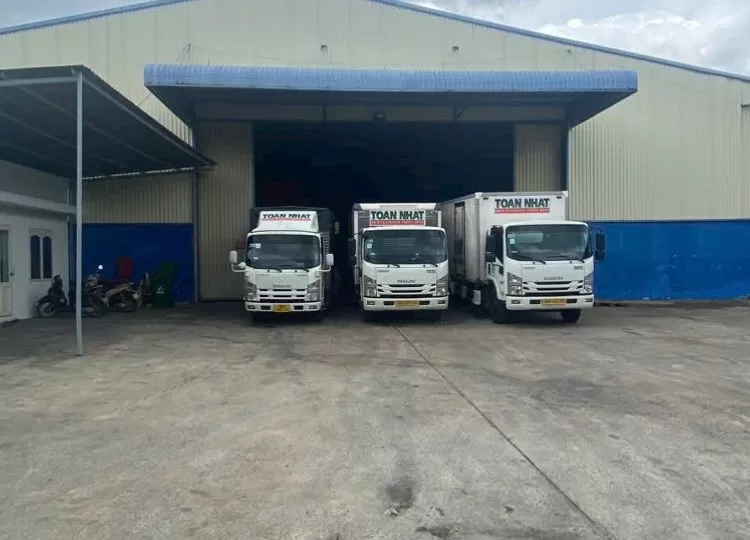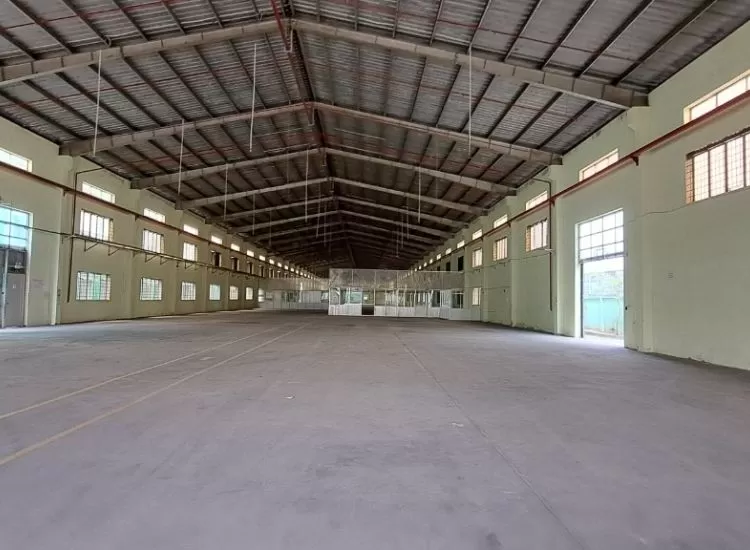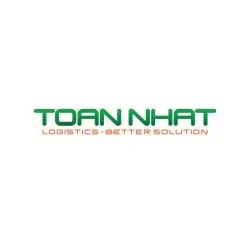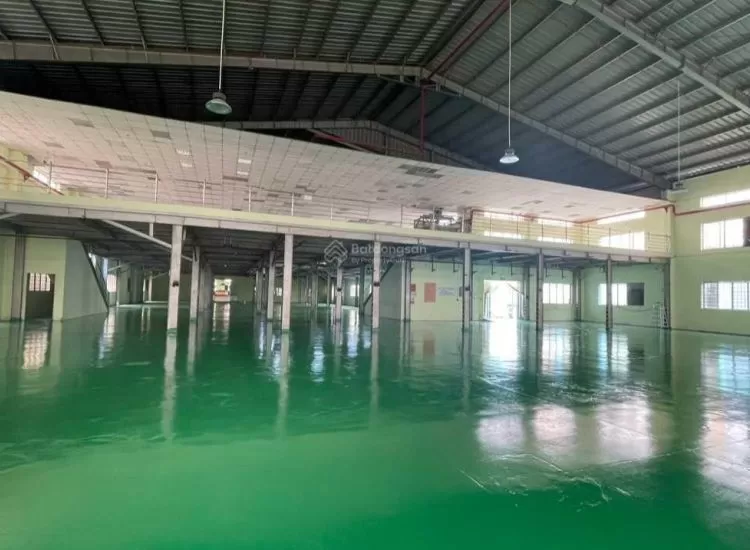Congestion at US West Coast ports will get worse before it improves
Congestion at the ports of Los Angeles and Long Beach on the US West Coast is expected to worsen in the coming months as imports increase rapidly.
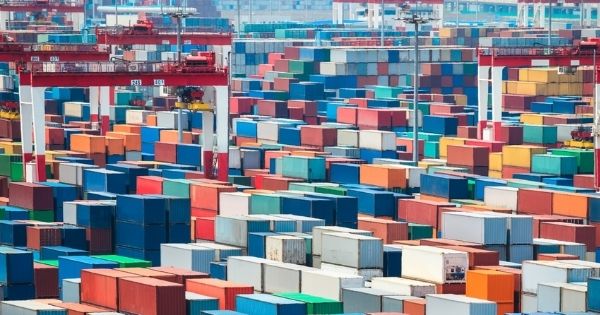
The port of Los Angeles
Over the past few months, congestion at the main gateway complex on the West Coast of the United States has eased and ship turnaround times improved, but importers and logistics companies will face difficulties more in the coming months.
Seko Logistics operators anticipate increased vessel traffic to and from the port will put new strain on the ports of Los Angeles and Long Beach, as well as the rail and truck systems outside the port area.
For ten consecutive months, the port complex has operated a record or near-record import volume: in May, Los Angeles operated 1,012,048 TEUs, the first time a port in the Western hemisphere operated more than one million TEUs in a month.
According to supply chain group Panjiva, the total number of container shipments in the United States was up 47.1% from a year ago and up 18.3% from May 2019. Imports from China increased 51.1% year-on-year, while imports from the rest of Asia increased by 44.5%.
Despite this steady influx of imports, the turnaround times at the docks and truck gates in Los Angeles / Long Beach have improved compared to January, but this improved time will does not last.
Two weeks ago, the Port of Los Angeles announced that it had received notices from Chinese shipping lines BAL Container Line and China United Container Line that they plan to bring services to the port this summer. And HMM has signaled plans to step up trains on the transpacific route.
Craig Grossgart, Seko's head of global ocean freight services, predicts a continued wave of cargo heading to the West Coast in the coming months. He pointed out that ships transporting goods for the back-to-school season will be crowded, as children and teenagers have not had new clothes since last year due to the blockade.
Similarly, imported fashion will increase sharply as adults shop for work clothes again to return to the office, he added.
Moreover, the US economy is going strong. The OECD predicts US GDP growth of 6.9% this year - the fastest pace since 1984.
Brian Baskin, Seko's Los Angeles-based managing director, said the volume of goods entering the main ports of entry was further increased as container shipping lines have focused on shipping more cargo to US ports.
An additional spike in cargo is expected from the port of Yantian, which finally reopened this week, and is trying to clear backlogs at the port and in nearby warehouses.
Heads at the ports of Los Angeles and Long Beach have emphasized that the congestion they have caused is not a reflection of their capacity. Gene Seroka, chief operating officer in Los Angeles, points out that his port's throughput handled last year was not significantly higher than in 2019 - a year without major congestion problems.
The current congestion is due to the entire transport network being strained, extending inland. Recently, there have been reports of Asian carriers refusing to book shipping to some domestic destinations, such as Indianapolis, Minneapolis, and Toronto.
According to Mr. Grossgart, the situation is changing a lot.
He said that “It’s kind of going to be a rolling blackout over the course of the next months, where certain ramps are going to be shut down from an IPI perspective, and certain ramps will place moratoriums on any more inbound containers".
While it is difficult to predict where and when these things will happen, Chicago and Dallas have always had problems, he added. In Chicago, the number of unloaded containers has been steadily increasing. Customers cannot access them but are still charged a storage fee, he noted.
The shipping lines, in turn, are hit with the storage fees as they have to stop their shipping services at major rail stations near Los Angeles, as the terminals impose regulations on container shipping, he added.
“This congestion is coming to everyone,” he said.
And, as more goods arrive from Asia, the situation will get worse, he predicts.
"It’s going to get worse before it gets better." Mr. Baskin also doesn't expect a quick improvement.
Source: Phaata.com (According to The Loadstar)
PHAATA - The first international logistics marketplace in Vietnam








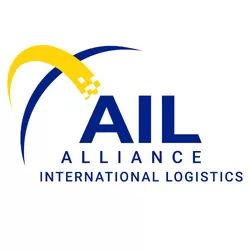



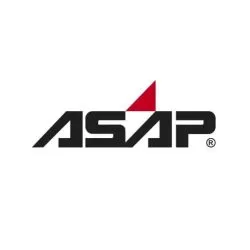




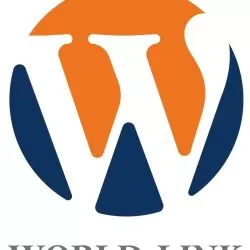





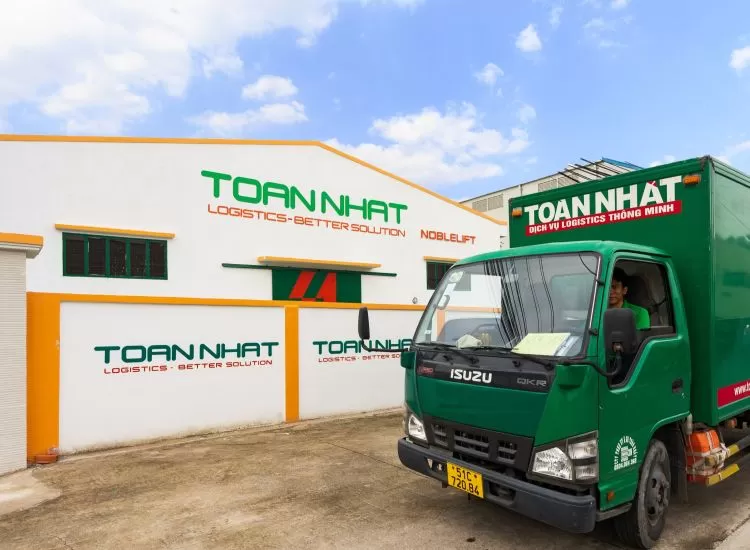
.webp)
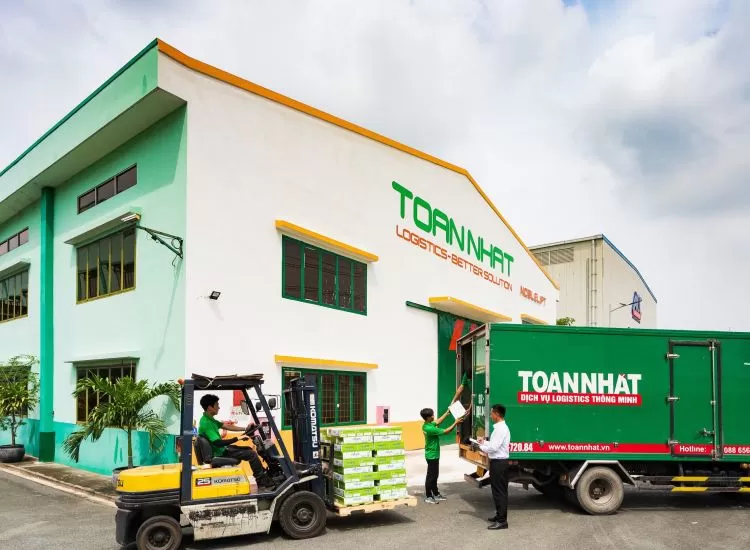
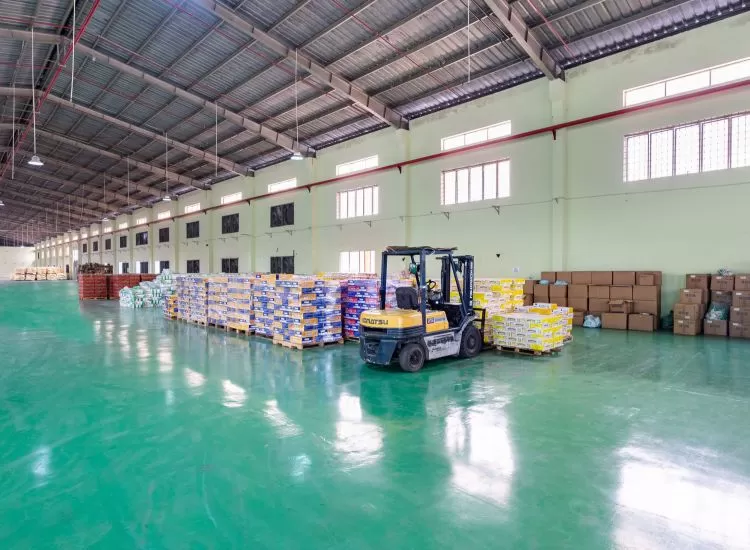
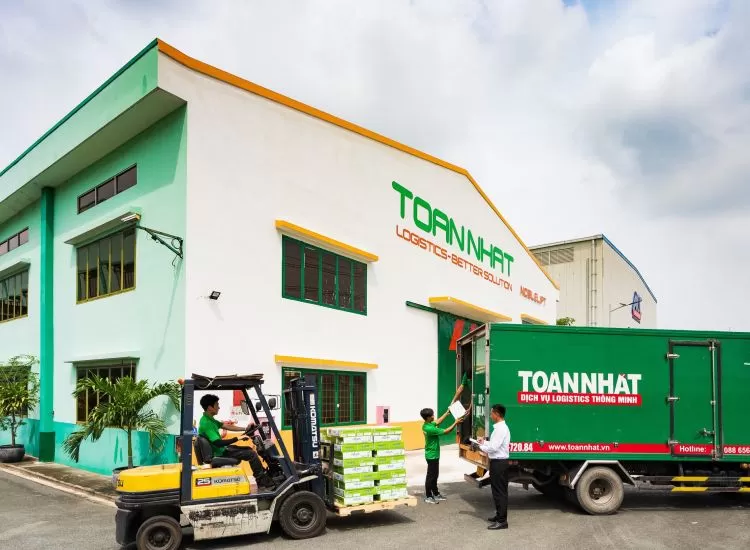
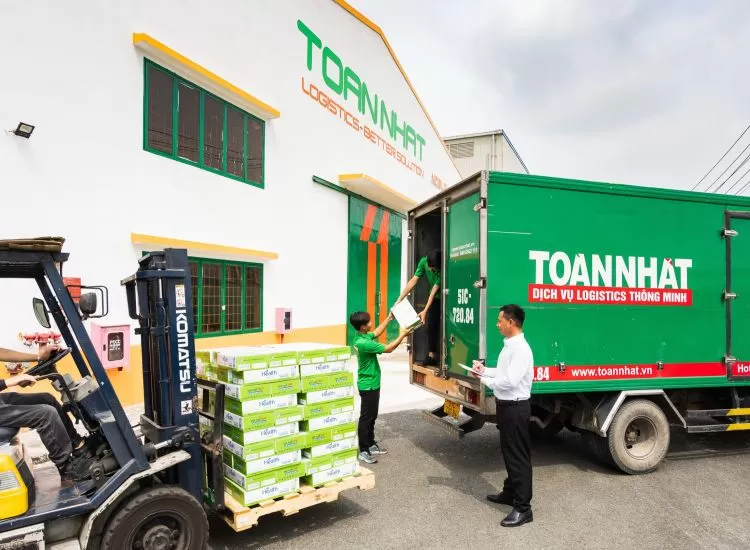



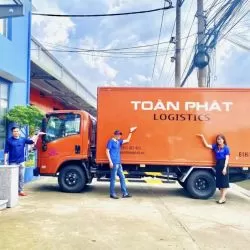
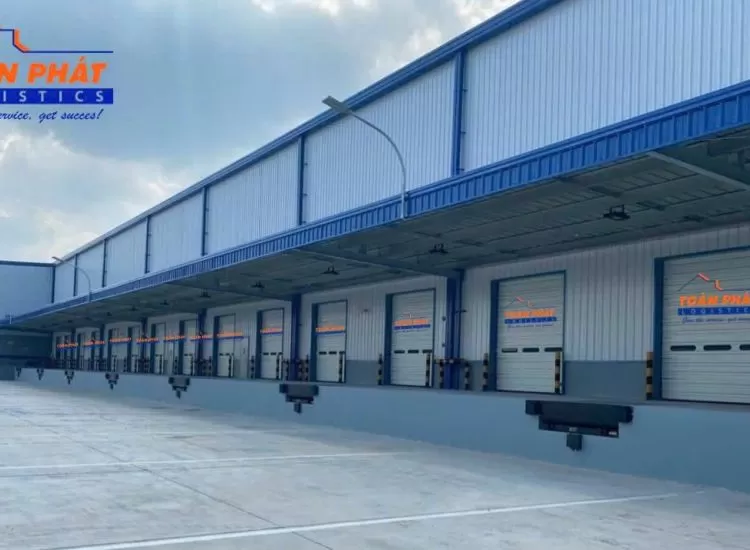
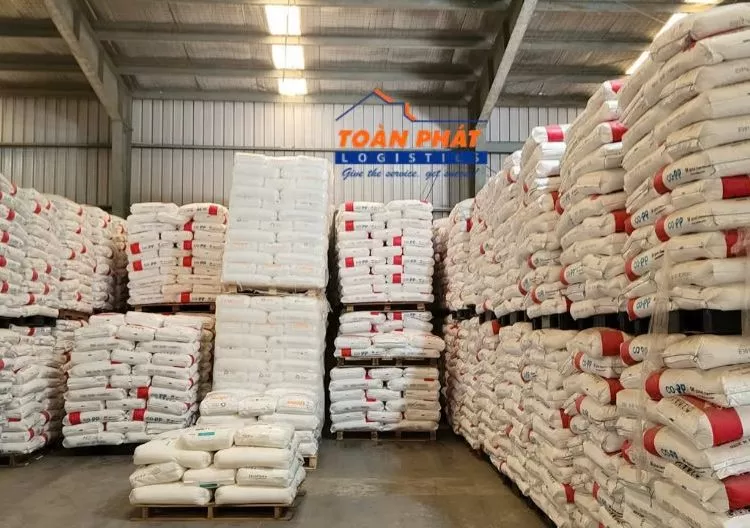
.webp)
